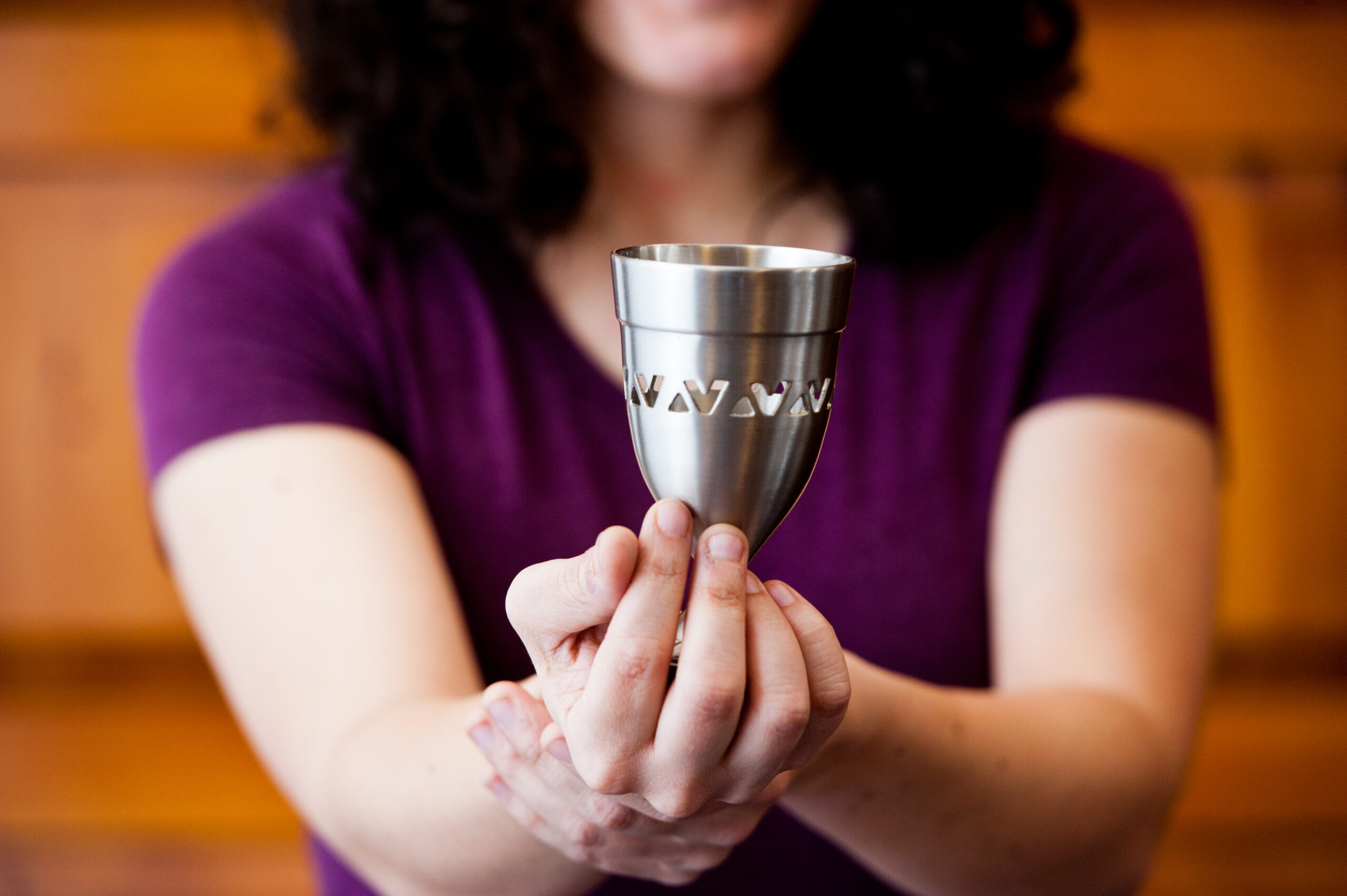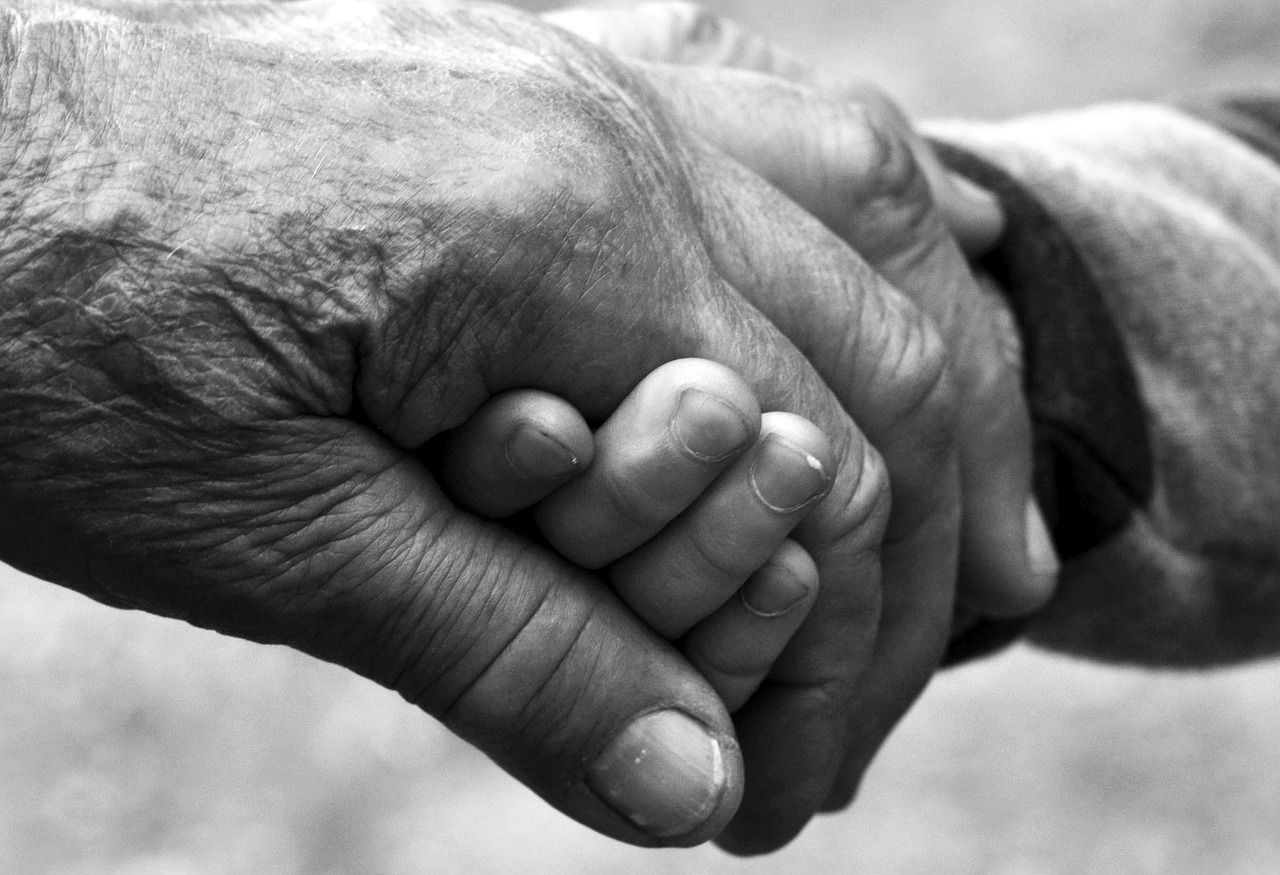This haggadah supplement was created by The Jewish Working Group to End The New Jim Crow to raise awareness in the American Jewish community about mass incarceration and the prison industrial complex.
This year, we add a padlock and a key to our seder plate.
Those of us who are blessed to live in our own homes tend to associate locks and keys with protection and access. Many of us have homes that keep us safe and that allow us to go in and out as we please. In contrast, for more than two million individuals who are incarcerated in the United States — the majority of whom are people of color — the lock represents the reality of being locked up and then locked out. Upon leaving prison with a felony conviction, these Americans “enter a hidden underworld of legalized discrimination and permanent social exclusion” (Michelle Alexander, The New Jim Crow, p. 13). They are locked out of jobs, housing opportunities, and in many places, voting rights. In Michelle Alexander’s words, “Today a criminal freed from prison has scarcely more rights, and arguably less respect, than a freed slave or a black person living ‘free’ in Mississippi at the height of Jim Crow” (The New Jim Crow, p. 141).
We place the lock and key on our seder plate tonight to ally ourselves with those who are behind bars, with those who are labelled as felons in the community, and with the parents, children, and other family members of those who are locked up and locked out. The key represents our commitment, as Jews who know a history of oppression, to join the movement to end mass incarceration in the United States. The key reminds us of our potential to partner with the Source of Liberation to unlock a more promising, dignified future for us all.
The task may seem overwhelming, yet each of us can do our part to help transform the criminal justice system
here in the United States. The first step to transformation is awareness, and thus we ask questions and learn
from one another this seder night.
The material in this haggadah supplement may be challenging to process. We recommend allowing each person at the seder table to share reactions and feelings, as well as personal experiences, without interruption or judgment. By sharing in this way, we make the seder table a sacred space for connection and deepened understanding.
To view the full Passover Haggadah Supplement: Crying Out Against Mass Incarceration, click here.
The haggadah supplement was created by The Jewish Working Group to End the New Jim Crow. To join the conversation, please be in touch with editor@jewishcurrents.org for more information.
This supplement is a work-in-progress. Suggestions and feedback on using it at your seder should be sent to: Rabbi Melissa Klein, malkahbinah@gmail.com.











